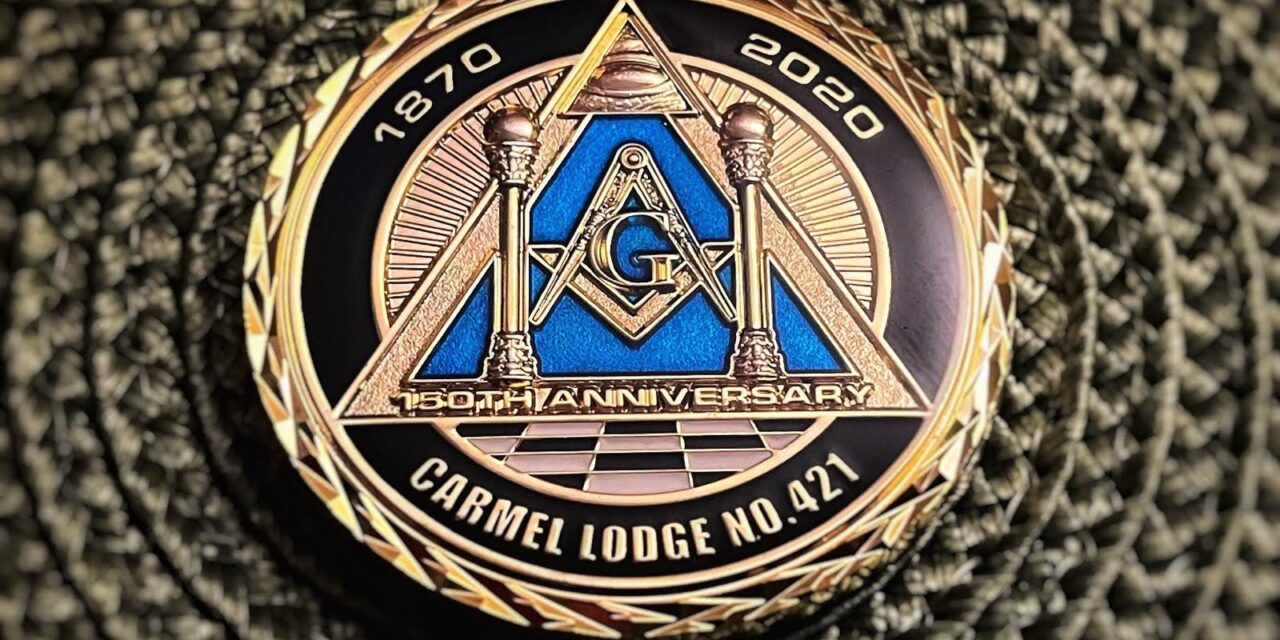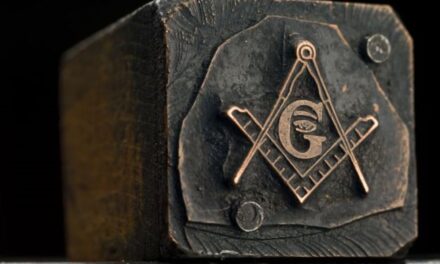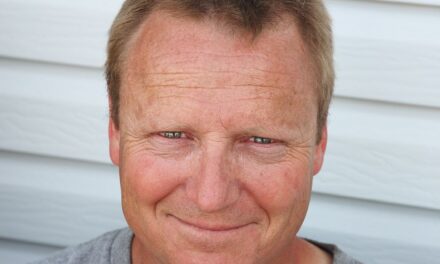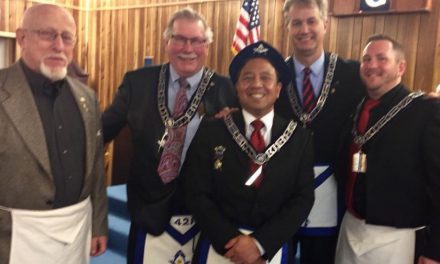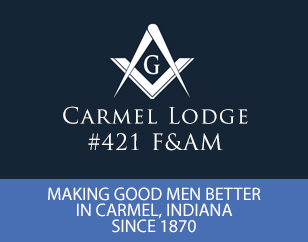The Freemasons are the oldest and most widely known fraternal organization in the world. Symbolically, the Craft dates back to the days of King Solomon and his building of the first Temple in Jerusalem, as depicted in the Old Testament of the Bible and in the Hebrew Tanakh. The oldest document that makes reference to Masons is the Regius Poem, circa 1425. The illustrious roots of the organization date to when its members were operative Masons who built castles and cathedrals throughout Europe in the Middle Ages. The ritual of the modern fraternity incorporates metaphors of character building with symbolic meaning from architecture, engineering, masonry, and construction. It uses the signs and words originally developed by the medieval Masonic guilds as methods of recognition, and the language evolved from a number of sources.
Modern Beginnings
The current organization as we know it today began in the 17th century in Scotland when the stonemasons started to accept members into their lodges who were not members of the Mason’s craft — these men were referred to as “speculative Masons” or “accepted Masons.” The modern fraternity of Freemasonry officially began with the formation of the first grand lodge in London, England in 1717.
Freemasonry Comes to America
Freemasonry was brought to the United States with our early settlers from England, Scotland and France, and the Craft became very popular in colonial America. Henry Price, a Boston merchant and tailor, received a deputation from the Grand Master of England to form the first Provincial Grand Lodge in the Western Hemisphere in 1733. The fraternity spread throughout the colonies by way of charters carried primarily from England and Scotland, including a number of traveling military lodges that existed at first to serve soldiers, but soon began to confer degrees upon civilians, as well. Even when war with England broke out in America, there were numerous cases of Freemasons on opposing sides of the conflict treating each other with civility and honor.
Our Founding Fathers
Freemasonry had an enormous influence at the time upon the founders of America, as it was a practical and functioning system of democratic governance and administration, toleration of all social classes and religious faiths, with a civilizing influence through the education of its members – all based upon Enlightenment-era philosophies. Of the fifty-six signers of the Declaration of Independence, nine were known to be Masons at the time, and as many as thirty may have been members (or would later join). Among the country’s early Masonic leaders were George Washington, Benjamin Franklin, Paul Revere, and John Hancock. Another influential Mason, Chief Justice John Marshall, served as Chief of the Supreme Court for more than thirty-four years and shaped the court into its present form.
Indiana
Freemasonry moved westward across the American continent after the Revolution, and especially following the expansion of the Louisiana Purchase. The first Masonic lodges in the Indiana Territory came out of Kentucky in 1809, when a lodge was chartered in Vincennes, along the Wabash River. Another strain descended out of Ohio, as well. Freemasonry was seen as a vital, civilizing force on the frontier that helped to spread democratic ideals and practices into the farthest edges of the wilderness. Indiana statehood was granted in December 1816, and the Grand Lodge of Indiana F&AM was formed in January 1818 with nine Masonic lodges in the new state. Countless members of the territorial, and later the state, government and other important institutions in early Indiana were Freemasons. You will find countless cities and counties throughout the state today that were named after noteworthy men who were members of the Masonic fraternity. Indiana Masons were also major contributors to the first formation of educational institutions, including often sharing their lodge buildings with the community schools or libraries.
Worldwide Charity
In the 1800s, at a time when the U.S. government provided no social “safety net,” the Masonic tradition of charity, founding orphanages, homes for widows, and care for the aged provided the only protection many people knew. Over the centuries, Freemasonry has developed into a worldwide fraternity emphasizing personal study, self-improvement, and social betterment by way of individual involvement and philanthropy. The dignity of man, the liberty of the individual, the right of all persons to worship as they choose, and the importance of education stand at the forefront of Masonic thought. The Grand Lodge of Indiana opened the Indiana Masonic Home (known today as Compass Park) at Franklin, Indiana in 1916 as a retirement community for its members and a home for their orphans. Masonic organizations also sponsor an enormous number of official charities around the country and the world, in addition to the millions of dollars contributed by individual Freemasons on their own.
Today
In the 21st century, Freemasons continue their tradition of building bridges of brotherhood as they strive to make good men better ones, and thereby improving the world. Today, there are approximately 3.5 million regular, recognized Freemasons around the globe. Some 1.3 million of them reside in the United States, and Indiana has more than 30,000 members in almost 400 lodges throughout the state.
Article borrowed from The Grand Lodge of Indiana at https://www.indianafreemasons.com/freemasonhistory
To inquire about joining Masonry in Carmel, Indiana, contact Carmel Masonic Lodge #421 here.
To inquire about joining Masonry at any lodge in Indiana, contact The Grand Lodge of Indiana here.
Additional Masonic Resources:
The Mason Pancake Breakfast – World Domination, One Pancake at a Time
Of course, "world domination" is hardly the goal of Masons—rather, it's about filling hungry stomachs and meeting great people in the community. To learn why, continue reading below... --- Every second Saturday of the month, Carmel Masonic Lodge No. 421 hosts a...
Other Masonic Organizations
The Appendant and Concordant bodies of Indiana Freemasonry encompass a variety of organizations that extend beyond the Blue Lodge, offering Freemasons avenues for deeper exploration of Masonic teachings and principles.
The Importance of Proficiency in Your Masonic Journey
The Journey to Freemasonry: A Path of Enlightenment and Brotherhood – In a world often characterized by chaos and uncertainty, there exists an ancient and noble tradition that has withstood the test of time, offering a sanctuary for those seeking wisdom, enlightenment, and brotherhood.

